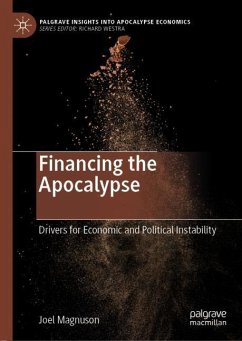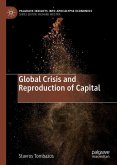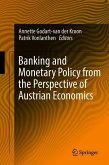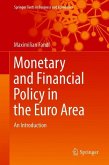As we tour the 400 year history of capitalism through its various phases of development, financial system instability is always there lurking in the shadows. The historical record attests that the processes of aggregating capital for real investment are inescapably vulnerable to risk, manic speculation, unserviceable debt, and crises; and with each episode of instability, a trail of devastation follows. Economic historians such as Hyman Minsky, Charles Kindleberger and others have studied this history and have exposed certain boom-bust patterns that have a way of stubbornly repeating themselves.
This book posits that the large-scale financial crises that the world has experienced over the last 30 years are more or less the latest segments in this narrative, but with some distinct characteristics. In the period spanning the stock market crash of 1987 to the banking crisis of 2008 and its aftermath - the Greenspan Era - there were key institutional and ideological developments rooted in contemporary neoliberalism that have reshaped the historic rise-and-fall patterns to become more severe and widespread. In this important volume, Magnuson suggests the next episode will be a massive financial cyclone that will send us all tumbling toward a perilous future.
This book posits that the large-scale financial crises that the world has experienced over the last 30 years are more or less the latest segments in this narrative, but with some distinct characteristics. In the period spanning the stock market crash of 1987 to the banking crisis of 2008 and its aftermath - the Greenspan Era - there were key institutional and ideological developments rooted in contemporary neoliberalism that have reshaped the historic rise-and-fall patterns to become more severe and widespread. In this important volume, Magnuson suggests the next episode will be a massive financial cyclone that will send us all tumbling toward a perilous future.








